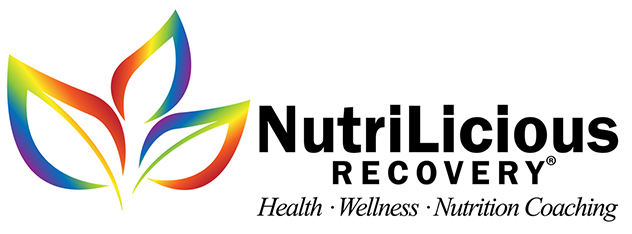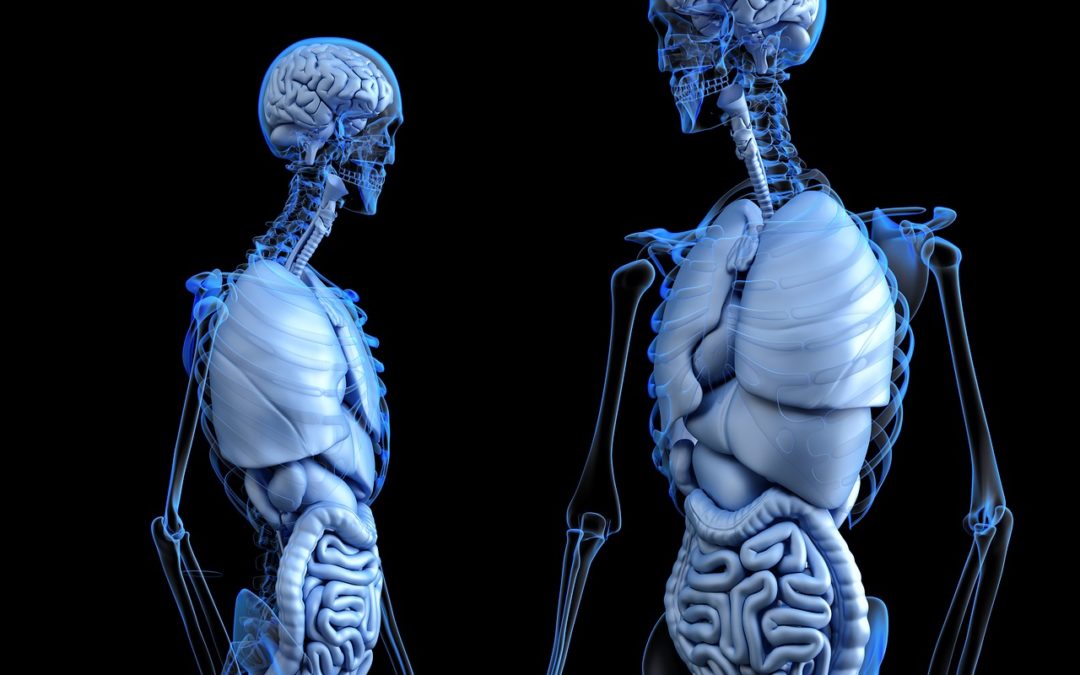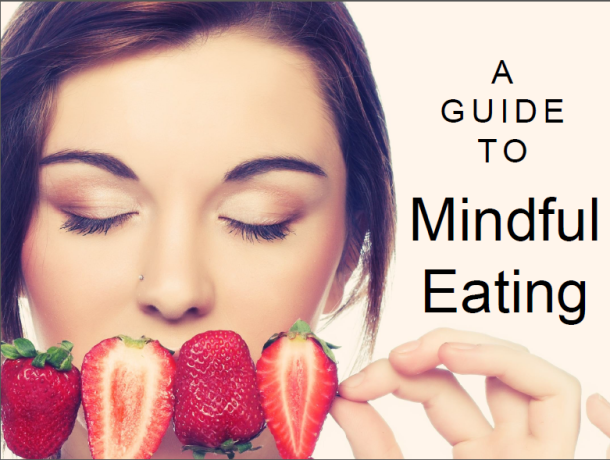I am often asked how much nutrition can really impact someone with a chronic illness. The right nutrition can fuel our cells better, which means healthier tissue, which turns into healthier organs. In fact the body, given adequate nutrition daily, can create improved organs over time. It takes 3 days for our intestinal epithelium to regenerate, 6-9 days to regenerate our stomachs, 20-30 days for our skin to regenerate, and 10 years for our skeletons to completely regenerate. Our bodies are in a constant state of creation, so I always have hope that better nutrition can improve our state of health.
When nutrition is lacking over time, we increase our risks of illness (our pre-programmed weaknesses are typically our genetic + environmental vulnerabilities). In our first signs of illness, we hope that nutrition (or medicinal foods) can get our bodies back into balance; unfortunately I see many of today’s pharmaceutical medications simply suppressing the early signs or symptoms of illness. Unfortunately many medical practitioners are becoming experts at disease management, instead of disease healing, aka wellness management… and there is big money (billions) to be made in disease management, especially since our popular health insurances are more inclined on subsidizing expenses for illnesses rather than prevention.
I believe that investing in your health to prevent or delay onset of illness will be a better payoff in terms of total dollars spent AND in quality of life. For those willing to tweak their diets for better regeneration, be empowered.
Here are some nutritional foods that can support our organs. Remember to check with your doctor when adding new herbs, and medicinal foods to your diet. These components can have side effects or interactions with medications, that your doctor can make your more aware of.
Hormone regeneration can involve increasing the endocrine’s ability to secrete more hormones, and transforming degraded hormones into “transient” hormone metabolites.
This includes:
- Vitamin C, which can contribute electrons to transform estradiol (estrogen), progesterone, testosterone. (Think citrus fruits, melons, kiwi, mango, pineapple, etc).
Liver regenerative substances include:
- Glycyrrhizin (think licorice)
- Carvacrol (think oregano)
- Curcumin (think Golden Milk)
- Rooibos (think Rooibos tea)
- Vitamin E (think fatty acids and seeds)
Beta-Cell – There is NO proven substance to reverse destroyed insulin producing beta cells, but these substances have a limited regenerative capacity.
- Black cumin
- Vitamin D
- Curcumin (think Golden milk)
- Arginine (think dairy, seeds, beans)
- Avocado
- Berberine (found in bitter herbs)
- Bitter Melon (“karela”)
- Chard
- Stevia
- Sulforaphane (think broccoli sprouts)
Cardiac Cell Regeneration compounds stimulate cardiac progenitor cells which can differentiate into healthy heart tissue. These include:
- Resveratrol (think grapes and mulberries)
- Siberian Ginseng
- Red Wine Extract
- N-acetyl-cysteine (think legumes)
Nerves – from a 2010 animal study, there are several researched substances that promote neuronal and or stem-cell regenerative effects. Researched substances that promote neuronal and/or stem-cell regenerative effects are listed:
- Curcumin (think golden milk)
- Lion’s Mane Mushroom (think tea with dried mushrooms)
- Apigenin (think celery)
- Blueberry (think berry smoothies)
- Ginseng
- Red Sage
- Resveratrol (think grapes or mulberries)
By the way there are non-food ways to stimulate nerve repair as well:
- Great Music
- Falling in Love
- Stress Reductions
Spine Regeneration and recovery can be improved by many substances, including:
- Curcumin (think golden milk)
- Resveratrol (think grapes and mulberries)
This article is not intended for the treatment or prevention of disease, nor as a substitute for medical treatment, nor as an alternative to medical advice. Use of recommendations in this and other articles is at the choice and risk of the reader.
References
NT-020, a natural therapeutic approach to optimize spatial memory performance and increase neural progenitor cell proliferation and decrease inflammation in the aged rat. Rejuvenation Res. 2010 Jun 29. Epub 2010 Jun 29. PMID: 20586644
Photo-induced regeneration of hormones by electron transfer processes: Potential biological and medical consequences. Radiat Phys Chem Oxf Engl 1993. Updated 2011 Aug ;80(8):890-894. PMID: 21814301



